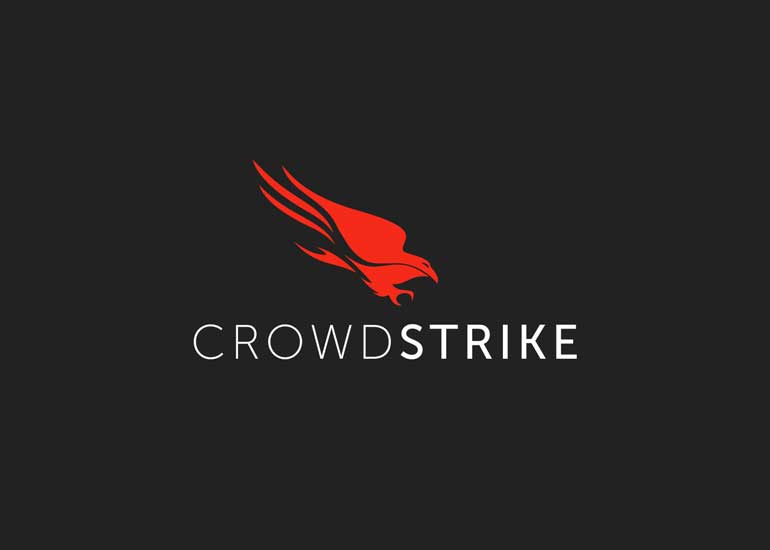By Scott Shipman, Partner and COO
The cybersecurity landscape is facing an unprecedented crisis. With over 3.4 million unfilled cybersecurity roles globally, organizations across industries are struggling to find and retain the talent needed to defend against increasingly sophisticated cyber threats. This shortage threatens not only the security of individual companies but also the stability of digital infrastructure worldwide. So, what’s driving this crisis? The answer lies in the limitations of traditional recruiting methods, which are ill-suited to meet the unique demands of cybersecurity talent acquisition. Let’s delve into the core issues and explore why innovative recruitment strategies are more urgent than ever.
The Lengthy and Inefficient Hiring Cycle
One of the most glaring issues with conventional recruiting is the prolonged time-to-hire. On average, filling a cybersecurity position can take several months—time during which critical vulnerabilities remain unaddressed. The typical process involves crafting detailed job descriptions, posting them across multiple channels, screening countless resumes, and conducting multiple interview rounds. Each of these steps, while necessary, adds delays that can be detrimental in a fast-moving threat environment.
These delays often result in companies losing top candidates to competitors who can move faster. In the tech-driven world of cybersecurity, a candidate might accept a more appealing offer or better fit elsewhere if the hiring process drags on. The consequence? Critical roles remain vacant longer, increasing the organization’s exposure to cyber attacks and data breaches.
Skillset Mismatches and the Nuances of Cybersecurity Expertise
Another challenge stems from mismatched skills. Cybersecurity is a complex, multifaceted field that requires specialized knowledge tailored to an organization’s specific context. Whether it’s threat detection, incident response, cloud security, or compliance, each role demands a unique skill set.
Traditional recruiting methods often focus solely on technical proficiency—such as certifications or experience—without adequately assessing whether a candidate’s skills align with the organization’s particular needs or culture. This disconnect can lead to hires who, despite being qualified on paper, struggle to adapt or deliver value in real-world scenarios.
The Pitfalls of "Force-Fit" Hiring: Urgency Over Strategy
In response to the urgent need for cybersecurity talent, many organizations fall into the trap of “force-fitting” candidates—hiring out of necessity rather than fit. This approach prioritizes filling vacancies quickly over ensuring the candidate’s long-term success within the team. Force-fit hiring often results in mismatched expectations, underperformance, and higher turnover rates. These hires might possess basic technical skills but lack the cultural alignment or soft skills needed to thrive in the organization’s environment. Over time, this leads to increased training costs, disrupted team dynamics, and a constant cycle of recruiting and onboarding—further exacerbating the talent shortage.
Why Traditional Methods Fall Short
Conventional recruiting lags behind the pace required in cybersecurity. It often relies heavily on manual processes, generic job postings, and limited candidate pipelines. The industry’s rapidly evolving nature demands proactive talent strategies, including talent pools, continuous skills assessment, and personalized engagement.
Moreover, the scarcity of qualified candidates means companies must be more strategic—identifying potential talent early, investing in training, and fostering relationships with candidates over time. Relying solely on reactive hiring practices leaves organizations vulnerable and perpetuates the cycle of shortages.
How Invicta Solutions Group Is Changing the Game
At Invicta Solutions Group, we recognize the critical need for innovative recruitment approaches tailored specifically to the cybersecurity sector. Our strategy is centered around building resilient, agile teams capable of tackling today’s complex threat landscape. Here’s how we’re leading the charge:
- Developing a Robust Talent Pipeline: We proactively cultivate a diverse pool of highly trained and certified cybersecurity professionals, ready to step into roles with minimal ramp-up time.
- Streamlining the Hiring Process: Our efficient, transparent recruitment process significantly reduces time-to-hire, ensuring organizations don’t miss out on top talent.
- Aligning Skills with Organizational Needs: We rigorously assess both technical proficiency and cultural fit, ensuring candidates are well-matched for long-term success.
- Continuous Learning and Development: We provide ongoing training opportunities to keep our talent ahead of emerging threats and evolving technologies.
- Partnering for Long-Term Success: Our approach emphasizes strategic partnerships, fostering relationships that help organizations adapt swiftly to changing cybersecurity demands.
The Path Forward
The cyber talent shortage is a complex, multifaceted challenge that demands innovative solutions. Traditional recruiting methods are no longer sufficient in a landscape characterized by rapid technological change and fierce competition for skilled professionals. By adopting forward-thinking strategies, organizations can build resilient cybersecurity teams capable of defending against today’s threats and adapting to tomorrow’s challenges. Invicta Solutions Group is committed to transforming cybersecurity talent acquisition—empowering organizations with the expertise, agility, and resilience needed for a secure future.












